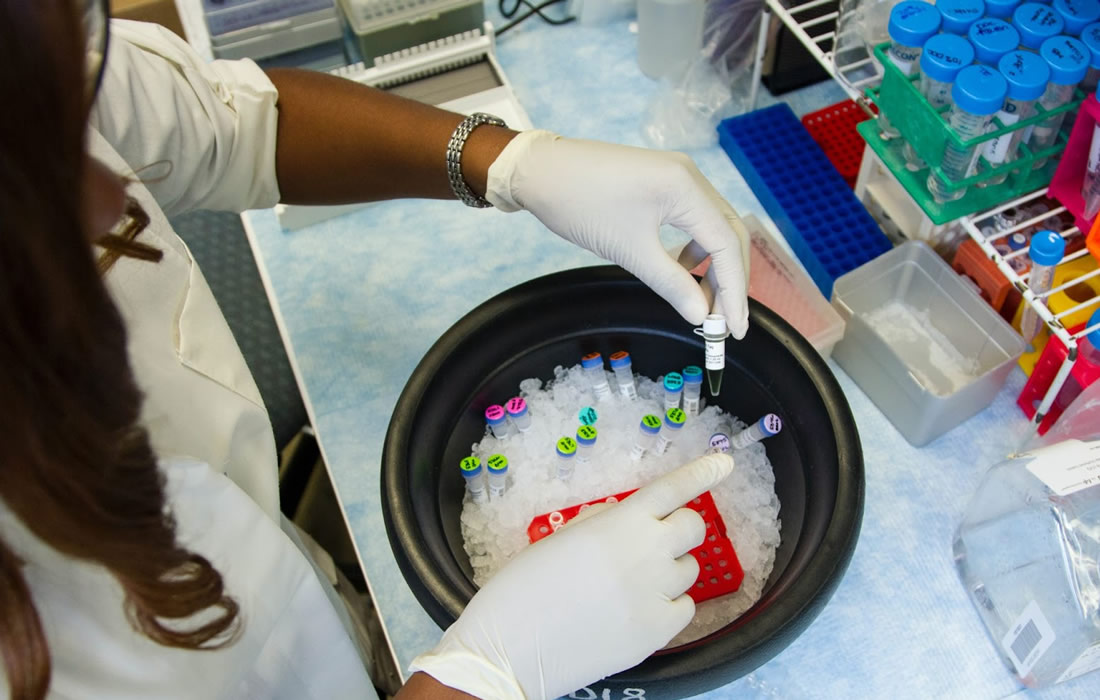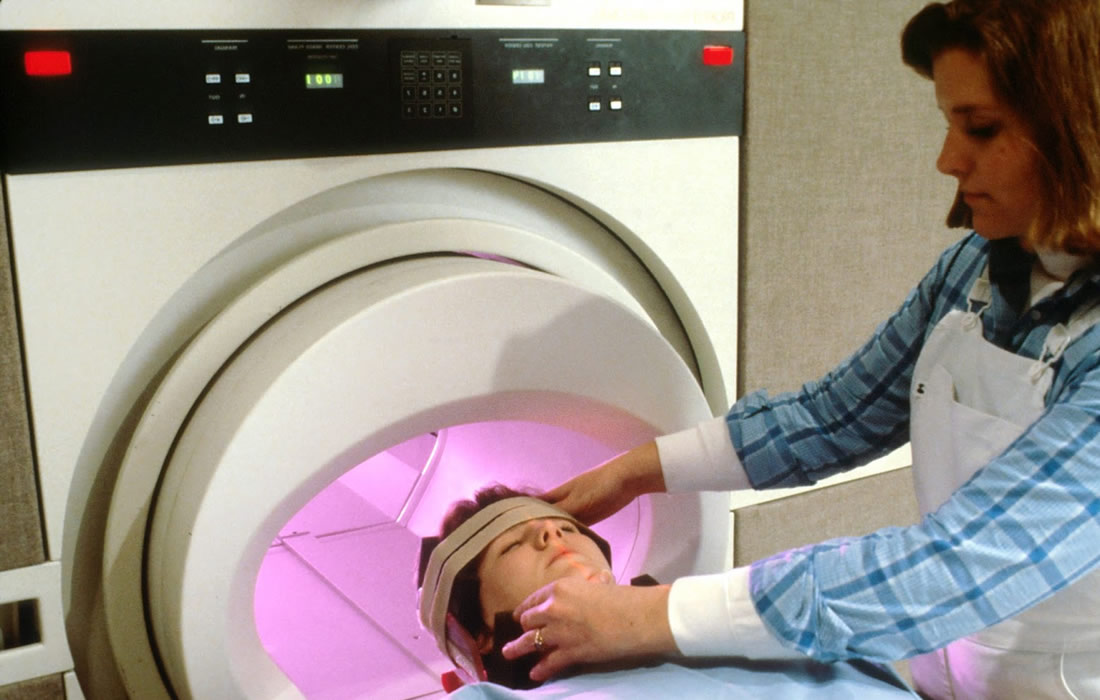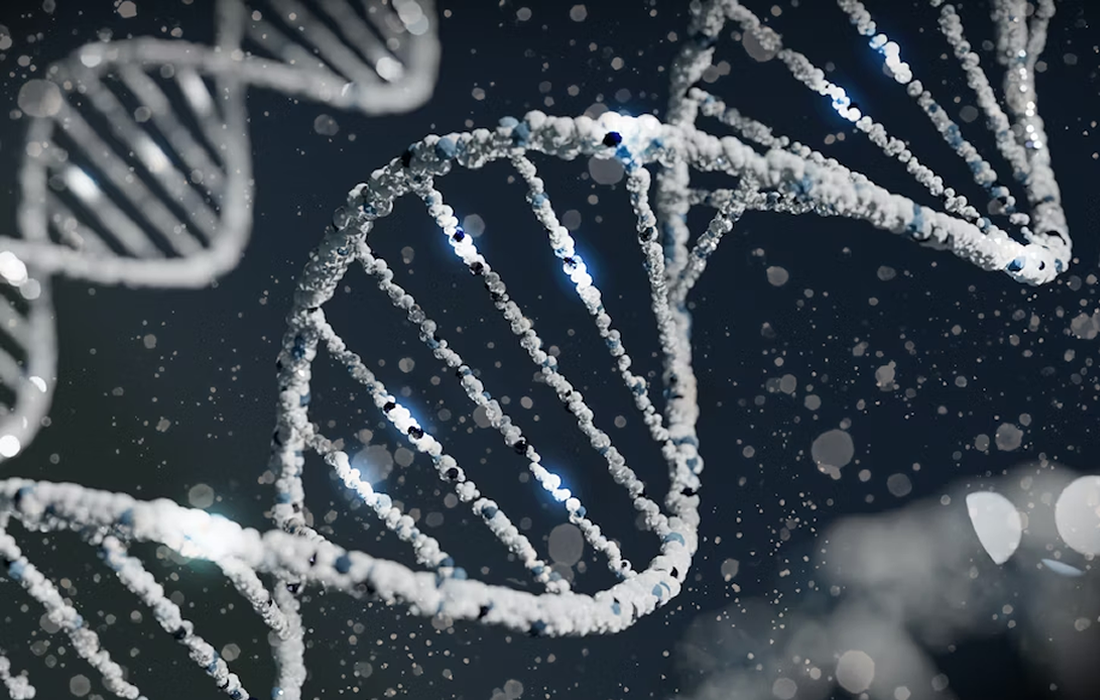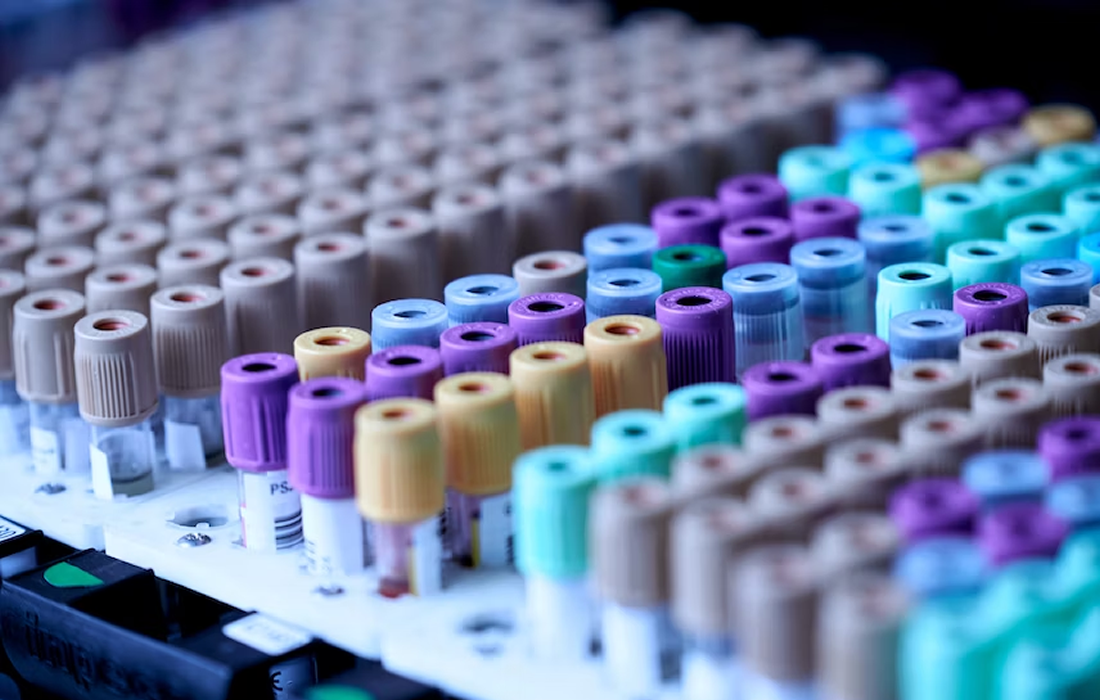Scientists have discovered what they believe to be the central mechanism behind cognitive decline associated with normal aging. “The mechanism involves the mis-regulation of a brain protein known as CaMKII which is crucial for memory and learning,” said the study’s co-senior author Ulli Bayer, PhD.”This study directly suggests specific pharmacological treatment strategies.” Using mouse models […]
Monthly Archives: August 2023
A new study is the first to find multiple associations between social jet lag (the shift in your internal body clock when your sleeping patterns change between workdays and free days) and diet quality, diet habits, inflammation and gut microbiome composition in a single cohort. Previous research has shown that working shifts disrupts the body […]
How people feel about their sleep has a greater impact on their well-being than what sleep-tracking technology says about their sleep quality, research led by the University of Warwick has found. Across a two-week period, over 100 participants aged 18-22 years were asked to keep a daily sleep diary about the previous night’s sleep, including […]
An antibody in single-chain fragment variable (scFv) format that binds to the powerful opioid carfentanil was shown to reverse signs of carfentanil overdose in preclinical tests conducted by scientists at Scripps Research. Carfentanil is a variant of the synthetic opioid fentanyl, and about 100 times as potent as its chemical cousin. Along with fentanyl and […]
A medical therapy that inhibits the growth of cancer cells may one day be effective at treating Lyme disease, according to new research. Lyme disease is the most common vector-borne disease in the U.S., spread by infected deer ticks. The potentially debilitating illness, which is diagnosed in about 476,000 people each year in the U.S., […]
New research led by scientists working with Georgia State University’s TReNDS Center has identified age-related changes in brain patterns associated with the risk for developing schizophrenia. The study used new analytic approaches developed at the TReNDS center. Researchers used a hybrid, data-driven method called Neuromark to extract reliable brain networks from the neuroimaging data which […]
A team of scientists from A*STAR’s Genome Institute of Singapore (GIS) and the Yong Loo Lin School of Medicine, National University of Singapore (NUS Medicine) has made an important breakthrough in the fight against RNA viruses that cause human diseases and pandemics. Their research shows that the CRISPR-Cas13 editor delivered by adeno-associated virus (AAV) can […]
Novel blood testing technology being developed by researchers at the Johns Hopkins Kimmel Cancer Center that combines genome-wide sequencing of single molecules of DNA shed from tumors and machine learning may allow earlier detection of lung and other cancers. The test, called GEMINI (Genome-wide Mutational Incidence for Non-Invasive detection of cancer), looks for changes to […]
The eyes may be able to signal neurodevelopmental disorders such as ASD and ADHD according to new research from Flinders University and the University of South Australia. Using the ‘electroretinogram’ (ERG) (a diagnostic test that measures the electrical activity of the retina in response to a light stimulus) researchers found that children with ADHD showed […]
Sperm play a critical role in the creation of new life, delivering essentially half of the genetic material required. Researchers at the University of Michigan are now delving into the molecular-level details of sperm formation, with a particular focus on how abnormalities in this process might lead to male-factor infertility. Unlike other cells in the […]










